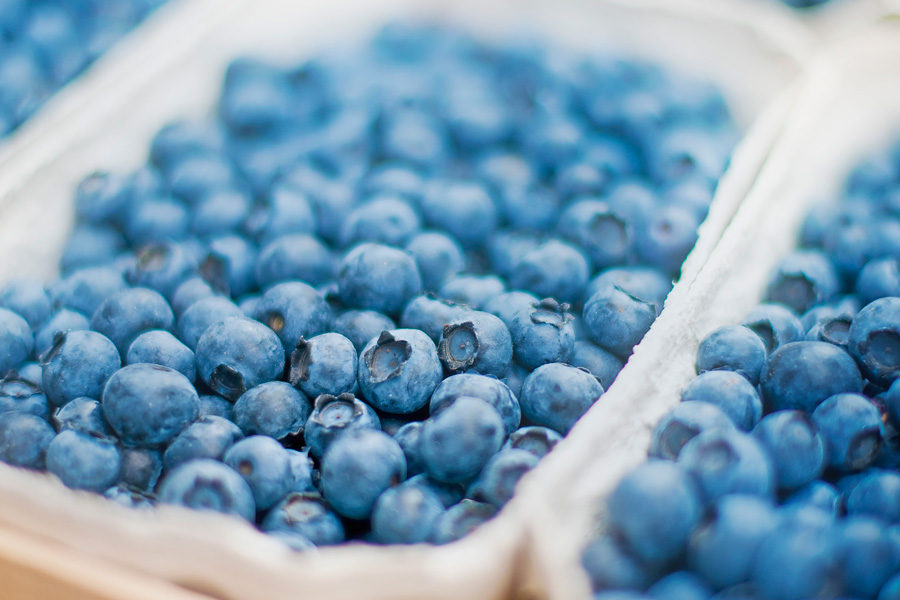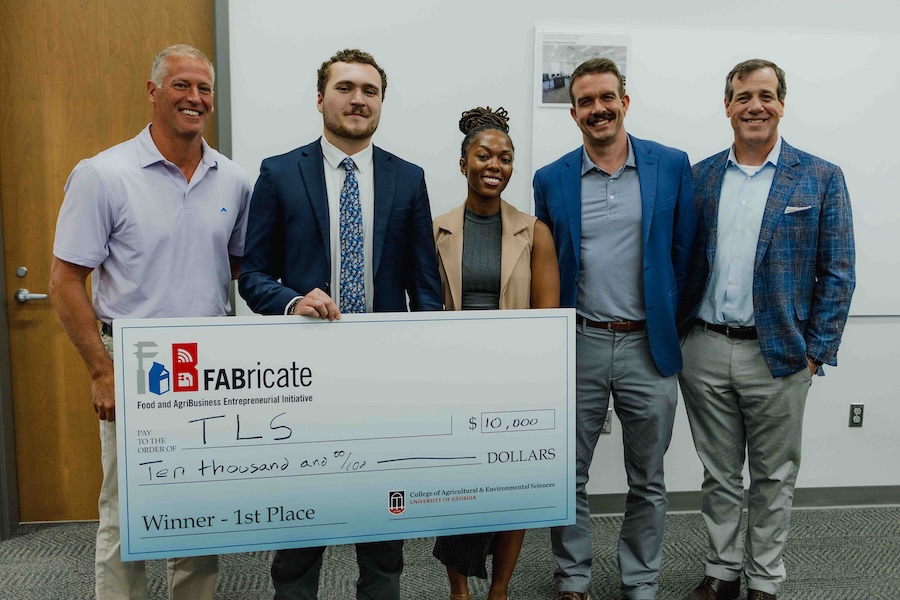Experimental power determinations are very important to agriculture and other applied sciences. It is necessary to be able to detect small differences when human and animal health or production profitability are in question. Yet textbooks on biostatistics for agriculturalists generally barely introduce the subject of how to design an experiment to detect some important difference between treatments.
To come to meaningful conclusions, researchers need to know how to plan both plan and conduct experiments. Entirely different questions may be asked of an experiment depending on who is to interpret the results. Developers may be most interested in showing that their new product gives responses not statistically significantly different from some standard. Potential consumers, on the other hand, should be more interested in demonstrating that expected responses from a new product are equal to the standard.
Workbook titles and tutorials:
- Experimental Power Graphing Program (EPGP)
- EPGP PowerPoint Tutorial
- Quantile Plotting Distribution Optimization Library (QPDOL)
- QPDOL PowerPoint Tutorial
- Inverse Transformation Scale Experimental Power Graphing (ITSEPG)
- ITSEPG PowerPoint Tutorial
- Experiment Simulating Program (ESP)
- ESP PowerPoint Tutorial








